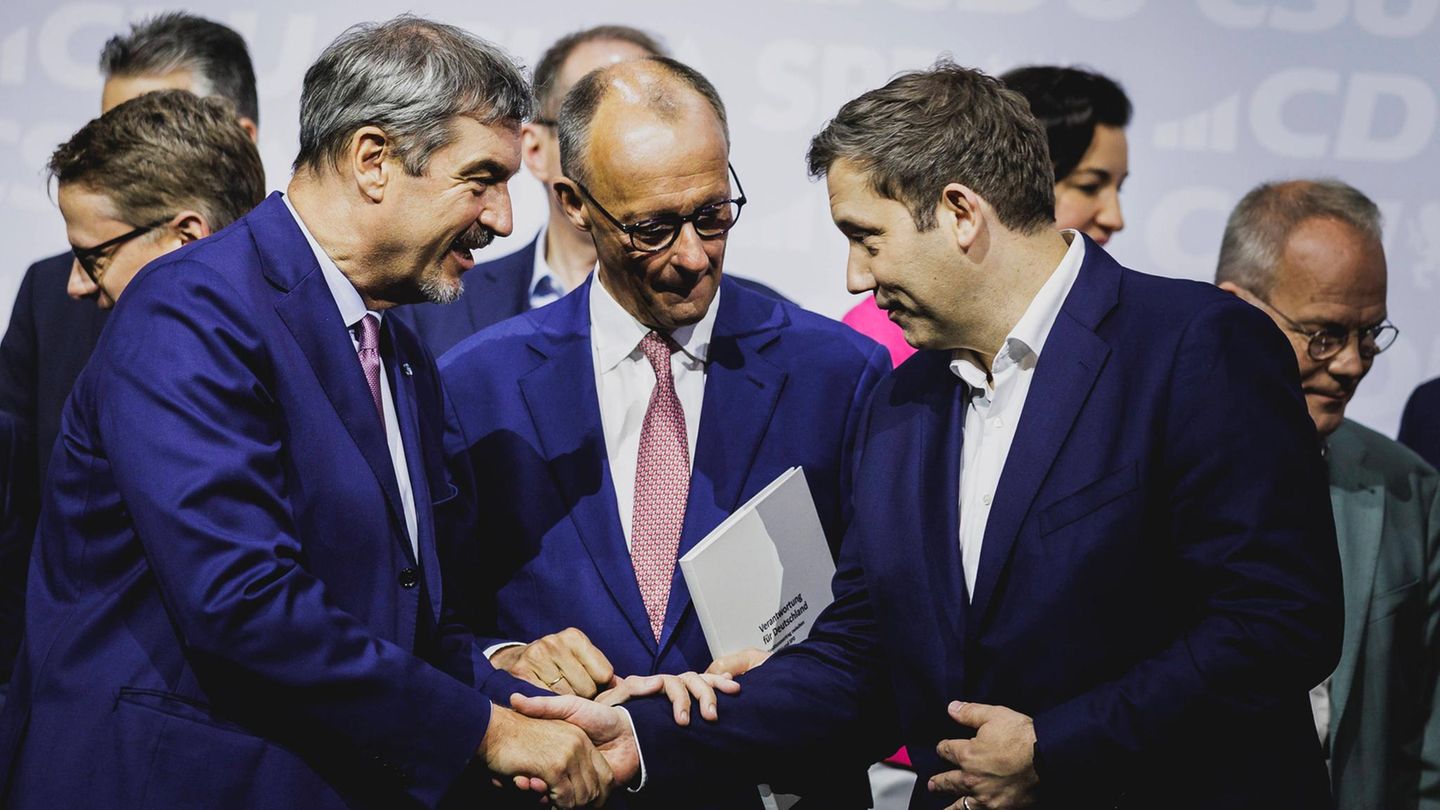Special payment
An average of 3,000 euros Christmas bonus for collective bargaining employees
Copy the current link
The special payment for the holiday is very welcome for many people, especially after the wave of inflation. The vast majority of collective bargaining employees can count on a Christmas bonus – in some cases it is generous.
In view of increased energy prices and expensive food, the Christmas bonus is a welcome addition to the household budget for many people. But especially employees who are paid according to collective bargaining agreements can rely on the special payment in November or December. According to the Federal Statistical Office, almost 86 percent of collective bargaining employees receive a Christmas bonus, on average it is 2,987 euros. This means a strong increase of 6.3 percent or 178 euros more than in the previous year.
This also reflects the increased wages and salaries that many unions enforce after the wave of inflation: The Christmas bonus can be anchored as a fixed amount in the collective agreement or as a percentage of gross earnings – and thus increase as income increases.
How much Christmas money is and who gets it depends largely on the industry, the statisticians explain. In the finance and insurance sectors as well as in the construction industry, more than 95 percent of employees receive a standard Christmas bonus. In contrast, in the “Information and Communication” and “Public Administration, Defense, Social Security” sectors, less than 70 percent are entitled to it.
Big differences by industry
Collective bargaining employees in the oil and gas industry (5,955 euros) and in coking and mineral oil processing (5,898 euros) receive an above-average Christmas bonus. The financial sector is also well ahead with an average Christmas bonus of almost 4,500 euros.
According to statistics, the special payment is much lower in tobacco processing (564 euros), where only 50 percent of collective bargaining employees are entitled to a Christmas bonus, and in the temporary employment industry (394 euros).
However, collective agreements do not apply to all employees in Germany. According to the latest data from the Federal Statistical Office, in 2023 only just under half (49 percent) of employees worked in a collectively agreed company. There are companies that base their payments on collective agreements without being bindingly bound to them. But without a collective agreement, the chances of receiving fixed special payments decrease.
No legal entitlement to Christmas bonuses
Income expert Malte Lübker from the trade union Hans Böckler Foundation emphasizes the advantages for employees if they pay according to the collective agreement. They receive Christmas bonuses more often than people outside of the contracts and from a higher base: “The Christmas bonus is a real “extra”, because the basic salaries are usually higher in companies with a collective agreement than at comparable employers who do not pay according to the collective agreement .”
There is no legal entitlement to Christmas bonuses. “The entitlement to the special payment arises from the collective agreement, works agreement or employment contract,” explains the German Federation of Trade Unions (DGB). A claim can also arise from the principle of equal treatment as well as from company practice – if Christmas bonuses have been paid repeatedly without contractual regulations or agreements.
The Christmas bonus and its usually smaller counterpart, the holiday bonus, have grown historically in different industries and are therefore very different. According to the Economic and Social Sciences Institute (WSI) of the Hans Böckler Foundation, what began as an arbitrary Christmas gift from the factory owner during industrialization was increasingly enshrined in collective agreements by the unions after the Second World War.
dpa
Source: Stern




